With her upcoming film Zero, Katrina Kaif is completing 15 years in Bollywood. She started out with Kaizad Gustad’s turkey offering Boom in 2003 and by the end of the first decade of the twenty-first century, she had established herself as one of the reigning queens of Hindi cinema, thanks to the commercial success of movies like Namastey London (2007), Partner (2007), Welcome (2007), Race (2008), Ajab Prem Ki Ghazab Kahani (2009), and Raajneeti (2010), among others.
Her next Zero, co-starring megastar Shah Rukh Khan and Anushka Sharma, features Kat as an emotionally-wrought movie star, Babita Kumari. Recently, our Mumbai correspondent, Mohnish Singh, met the gorgeous actress at Shah Rukh Khan’s Red Chillies Entertainment and tried to find out more about her new movie, the character she plays in it and her advice for younger sister Isabel who is set for her debut in films. Kat also opened about her 15-year-long journey in show-business. Excerpts...
Katrina, Zero is your second film with Shah Rukh Khan after Yash Chopra’s Jab Tak Hai Jaan (2012). How, according to you, the superstar has changed in all these years?
Shah Rukh Khan’s experience in the film industry is so extensive that I don’t feel I am really the right person to answer this question. As a person, I think, he still has the same exuberance, enthusiasm and passion for work, which is amazing. Often time one gets complacent, but with him, you see the passion he has for his films, the desire to try and do something new. What the film does or doesn't do commercially, that is something nobody can predict, but he in his mind wanted Red Chillies Productions try and produce something which has never been seen before in Indian cinema. He wanted that quality of work and hence this film.
What is the core concept of the film?
What Aanand L. Rai wanted to say in the film is that things are often not as they seem on the outside. Probably from the outside perspective, one could see Anushka Sharma’s character Aafia Yusufzai Bhinder has an obstacle to overcome with her physical disability. That in some way could be seen as a burden to her. Shah Rukh Khan’s character Bauaa Singh is a vertically challenged character that, obviously, a lot of people don’t treat with the respect that I feel he should have. Then you have a character called Babita Kumari, a loved movie star who yet can't find a completion that she in herself is enough for someone to love her. And I think that's a common thread in human trait in general. The thought that Anand sir is trying to convey in the film is that thread of humans feeling incomplete, that comes from inside of us.
Do you relate to your character in the movie?
Not at all. At the core of emotions, I think, as human beings, we all go through the same emotions. So, whether I play a mass murderer, whether I play a doctor, whether I play an actress, the emotions are quite similar. The beats are the same: you feel vulnerable, you feel threatened, you feel insecure, you feel lonely and you feel exuberant. So, Babita Kumari being an actress and I being an actress, in a few shots, it is nice to have that familiarity and similarity, but the character crafted is very different from me and that was also a journey that I wanted to go with Anand sir and discover that character.
What do you feel about your character Babita Kumari now, especially after having played it onscreen?
On the surface, I also thought I would just be playing an actress, so I actually didn't want to play that character initially. But Anand sir said that you are not seeing what I am seeing. I thought she is an actress feeling pain, what is in there that is different? But it was about the person he wanted to create. That was a very intense journey for me which I expected in some way. I didn't really want to go there because I was at a time in my own life where I was quite happy, I was just coming out of a place of learning a little bit of peaceful and going through a serene point in my life. Though this character was tumultuous, there is a lot of angst, she is deeply in pain but is not showing those emotions and that is also what I liked. If the character works and the movie works, to me that would be the biggest strength as people would hopefully relate to her vulnerabilities and also relate to how she tries to cover them up.
Was there a method you were following to bring your character to life?
I had a few reference points but for me, the method which I go through for all my films is that I have just really gone on instinct and with what the director's vision was. I felt that I have a strong instinct which worked for me. Now, that some time has passed, I have also tried to analyse and learn a little bit more in-depth about making movies, about storytelling, about creating characters. For me I found that what works for me is to understand the mindset of the character, understanding what are her fears and where is she coming from? What does she want? We all have a particular mindset and you use that to develop her characteristics and personality. Then whatever scene you are given to do, it becomes true, it becomes real rather than it being an act.
What was your expectation when you came into this profession and how much have they been fulfilled?
I had a different goal and dream to achieve. There were different goals which were a priority to me at different times. I remember when I first came, I wanted to be really successful as a model, then when I felt I had done what I wanted to do in that sphere, I wanted to see what I could learn in movies. Then for a long time I remember I wanted the audience to know who I was, I wanted them to love me. I think that is what you want when you are young. After that I came to a phase where I was really enjoying the characters I was doing. I wanted to play different things. Some choices were conscious and some choices happened in the flow of things and now I am at a phase where I am feeling good and creatively satisfied.
What advice would you give your sister who is about to venture into the film industry?
It’s tough because I keep telling her that the world has changed from the times when I came into films. The world has really changed. That was a different time, this is a different era. Obviously, I can advise, but even I cannot tell you exactly in this world how one comes in. Though what I feel and what advice I would give to my sister is that don’t get caught up in all this. The only thing that really matters or 95% what really matters is what happens and what you do between action and between cut. That is what makes you who you are. Everything else is the garnishing on the cake. That's it.
You learn a lot through a film’s journey. What are you taking back from your character Babita Kumari?
Sometimes I think it can be beneficial in the process of leaving things behind and letting things go, to say what you feel, even if it’s not beneficial. My nature is such that I can literally not say something I want to say for five years. If it is a touchy situation, if it makes me vulnerable, if it exposes me, I won't do it. Sometimes in life, you should just say things what you feel, be able to speak your heart and then move on. Say it, let it go and move on. And, that is what I liked about Babita Kumari because she says that. If somebody does something to her that she doesn’t like, she will come up to your face and provoke. Maybe that is a little rude, maybe a bit obnoxious, but she is getting it out there.
Zero releases in the UK today (December 21).





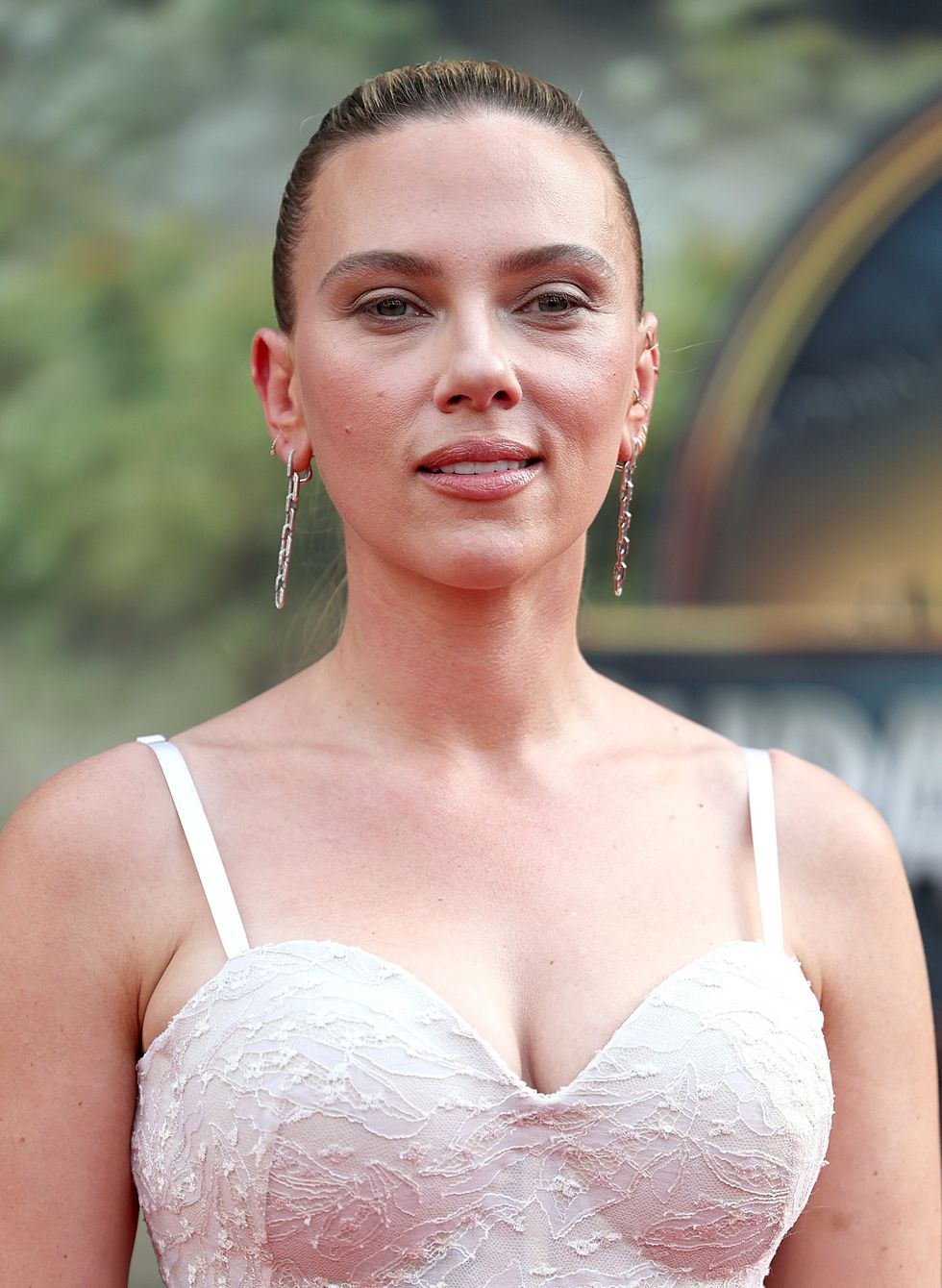 Scarlett Johansson opens up about breaking free from early typecastingGetty Images
Scarlett Johansson opens up about breaking free from early typecastingGetty Images 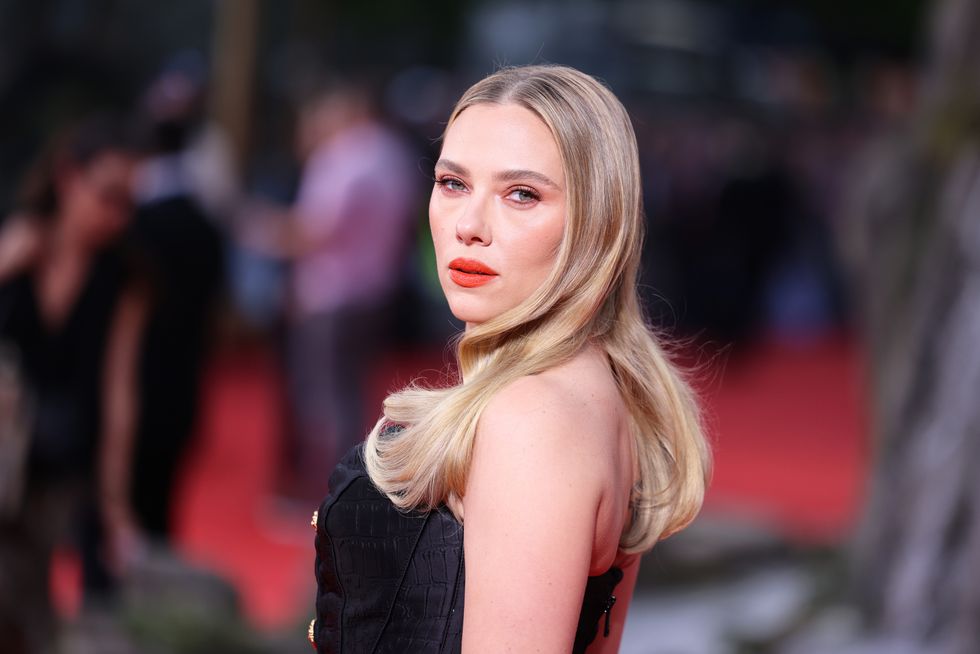 Johansson reflects on her childhood stardom and evolving careerGetty Images
Johansson reflects on her childhood stardom and evolving careerGetty Images 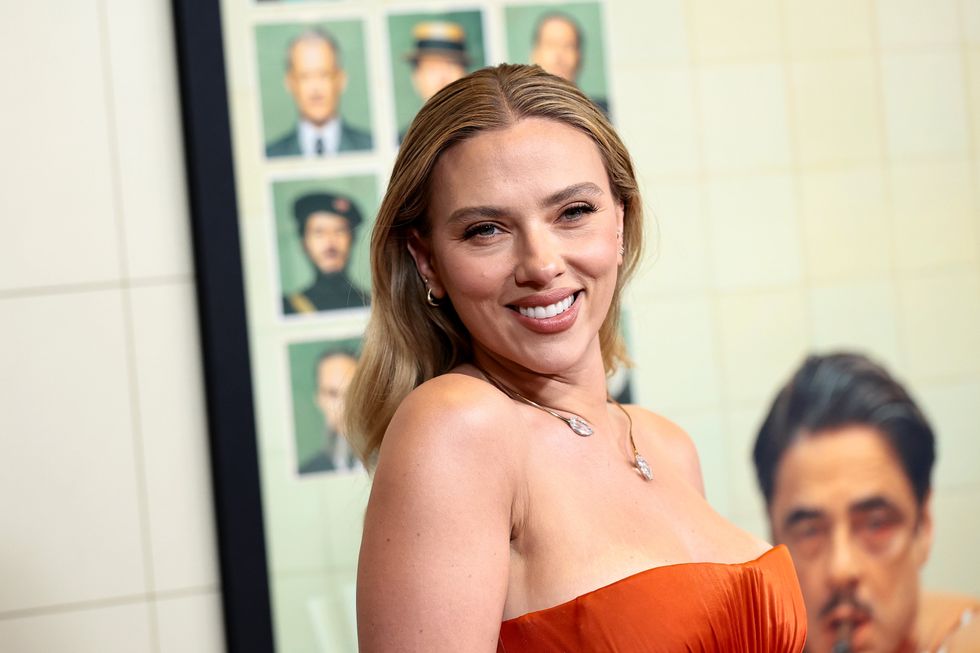 From Avengers to auteur Scarlett Johansson embraces creative control Getty Images
From Avengers to auteur Scarlett Johansson embraces creative control Getty Images 








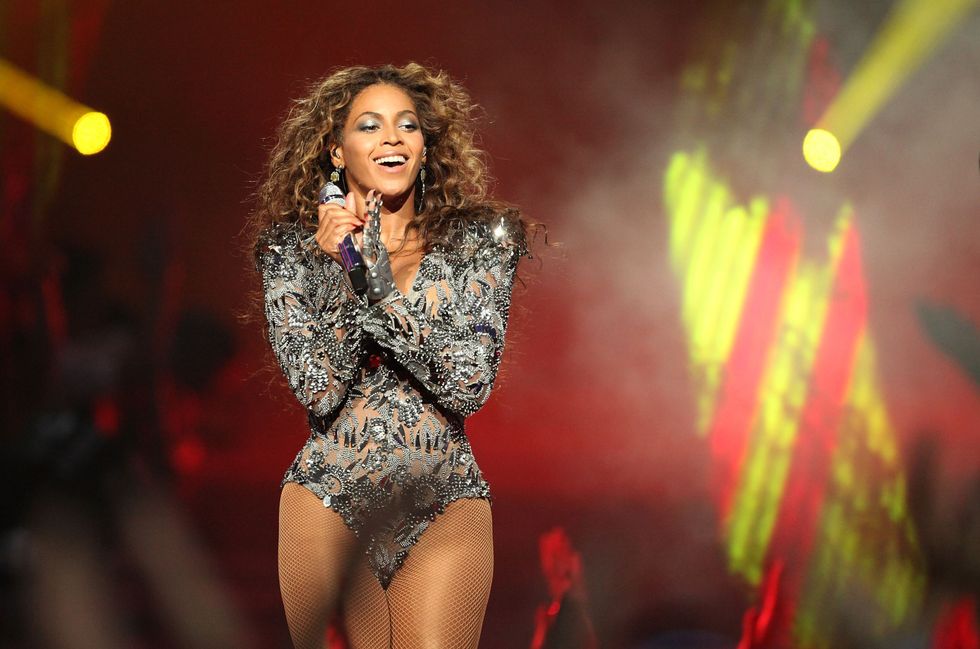 Beyoncé halts Cowboy Carter show after flying car nearly tips over crowd in HoustonGetty Images
Beyoncé halts Cowboy Carter show after flying car nearly tips over crowd in HoustonGetty Images 

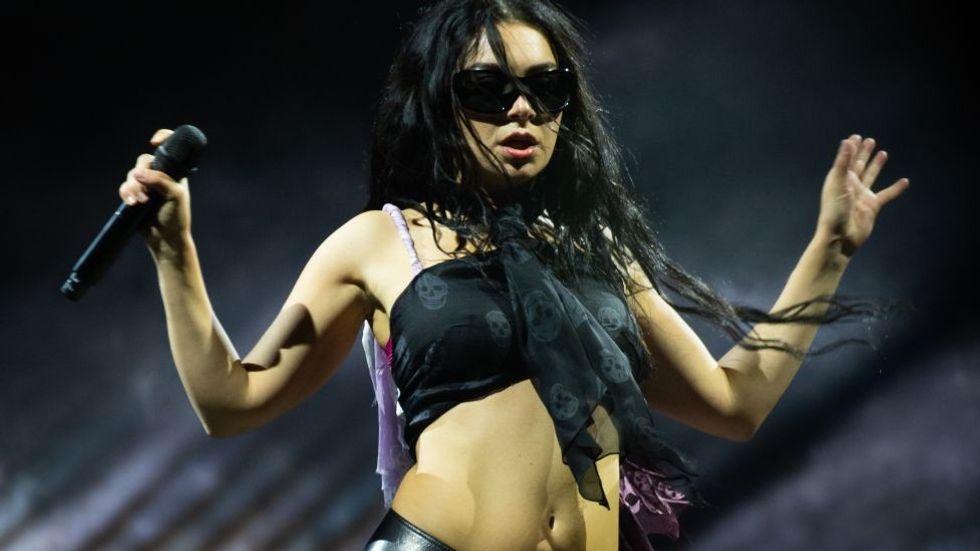 Charli XCX defends her Glastonbury set, calling autotune criticism outdated and dull BBC
Charli XCX defends her Glastonbury set, calling autotune criticism outdated and dull BBC 
 Kareena Kapoor says the incident left their children Taimur and Jeh shakenGetty Images
Kareena Kapoor says the incident left their children Taimur and Jeh shakenGetty Images  Kareena and Saif are now focusing on healing as a family after the traumatic episodeGetty Images
Kareena and Saif are now focusing on healing as a family after the traumatic episodeGetty Images